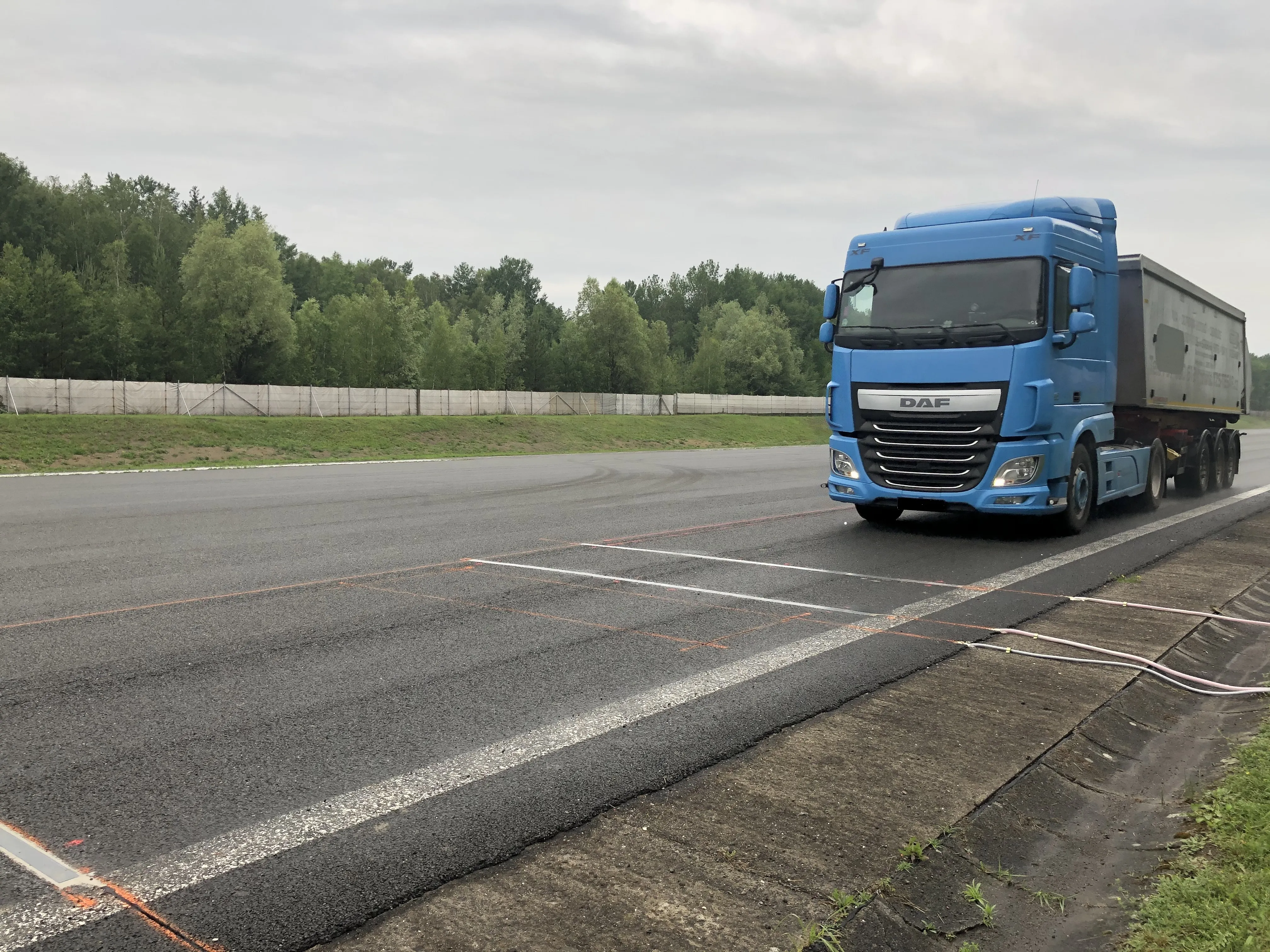
Kistler's 9835A Weigh in Motion (WiM) system has been certified for the measurement of different trucks travelling up to 120 km/h and vans up to 140 km/h.
Kistler says the WiM solutions in its KiTraffic series deliver an automated solution for monitoring traffic and protecting roads against damage by overloaded vehicles.
Lineas sensors integrated in the road surface are expected to measure gross vehicle weight and axle loads, with measurement data available in real-time.
The Czech Metrology Institute – a member of the International Organisation of Legal Metrology (OIML) – issued the certificate.
Kistler says OIML certificates are generally acknowledged as proof of the excellence of measuring equipment.
Tomas Pospisek, global market development manager for road & traffic at Kistler, says: “Every country applies its own regulations for direct enforcement, but the OIML standard can be viewed as a common starting-point for local legislation.”
Several hundred test runs were completed with vehicles of different types (5-axle, 4-axle, 2-axle and vans), either in loaded or unloaded condition and at varying speeds of up to 140 km/h.
“We met the requirements of accuracy class F10 for all vehicle types at all speeds – but that's not all,” Pospisek continues. “We actually achieved this result with only two rows of Lineas sensors.”
According to Kistler, the WiM solution can handle very high axle loads up to 30 tonnes each and there is no overall limitation on maximum measurable weight.
Lineas quartz sensors can operate at temperatures ranging from –40 to +80°C, the company adds.









